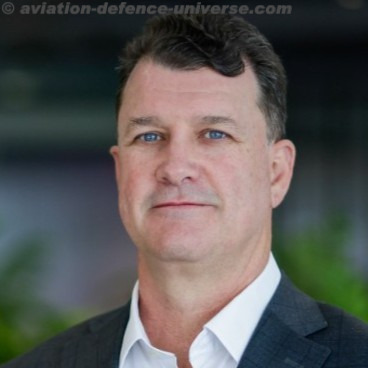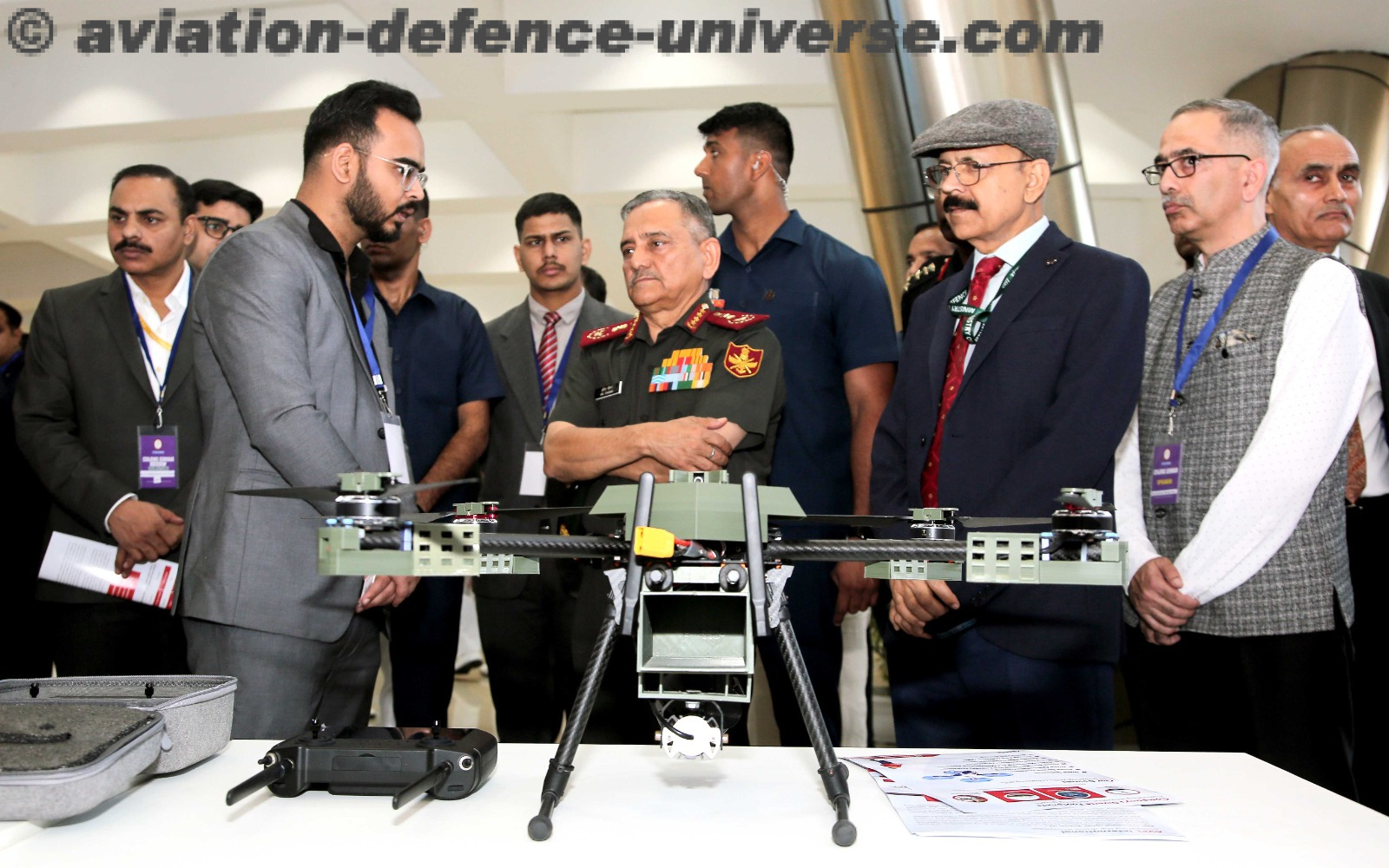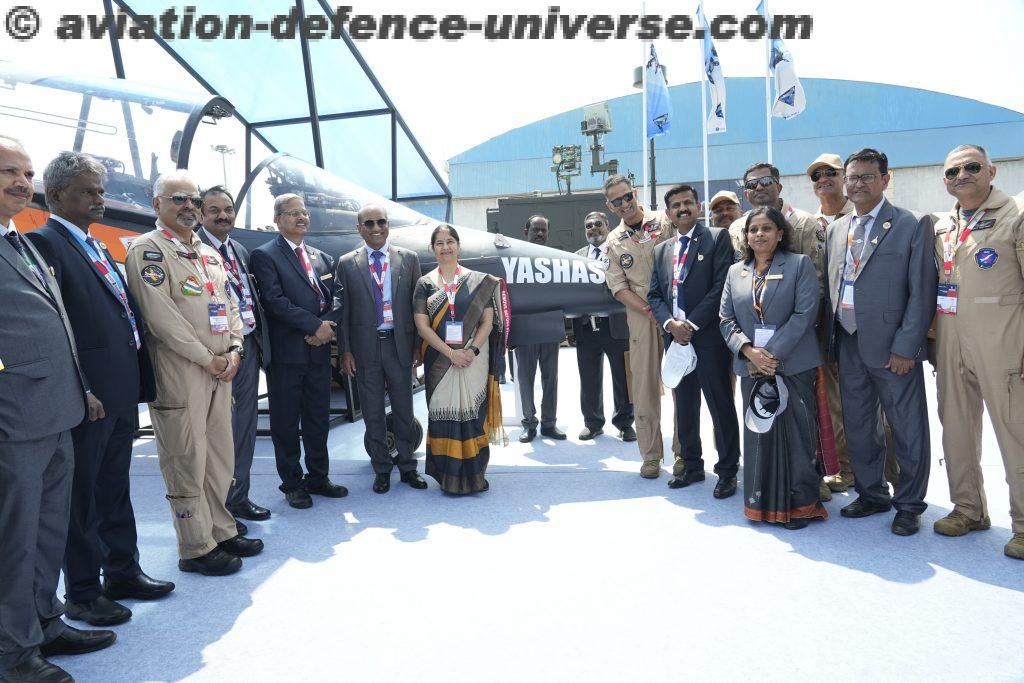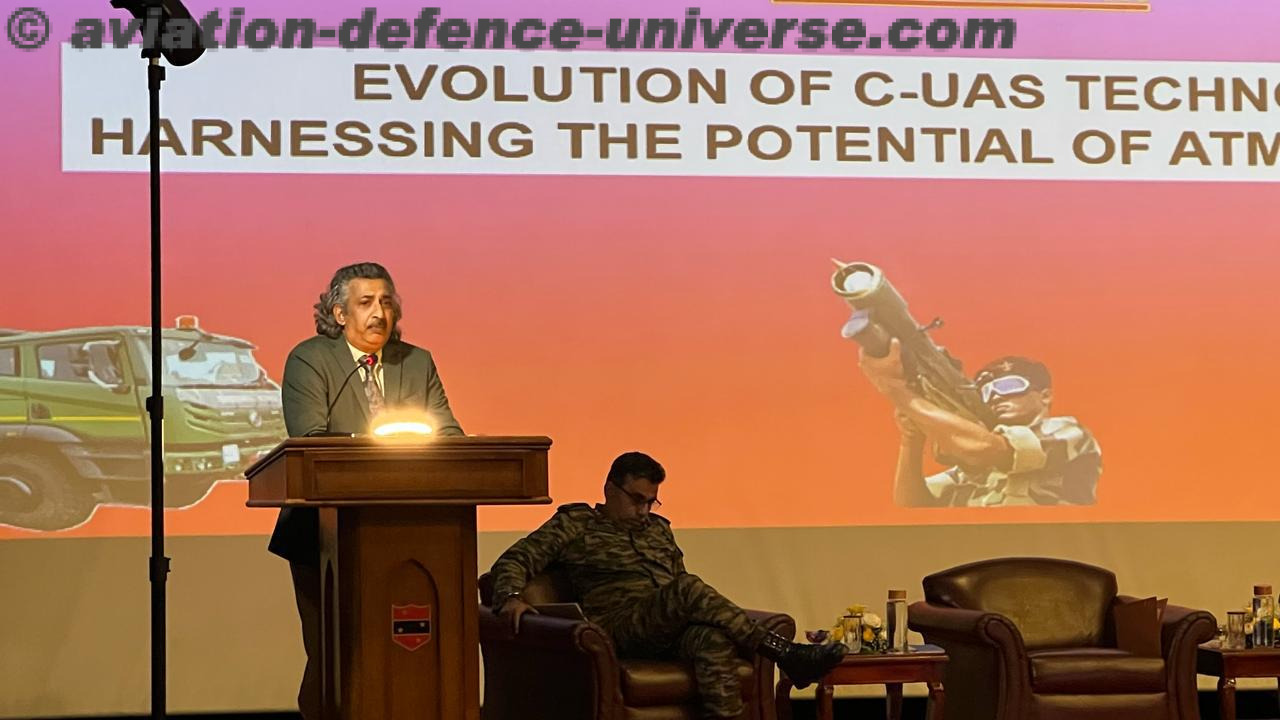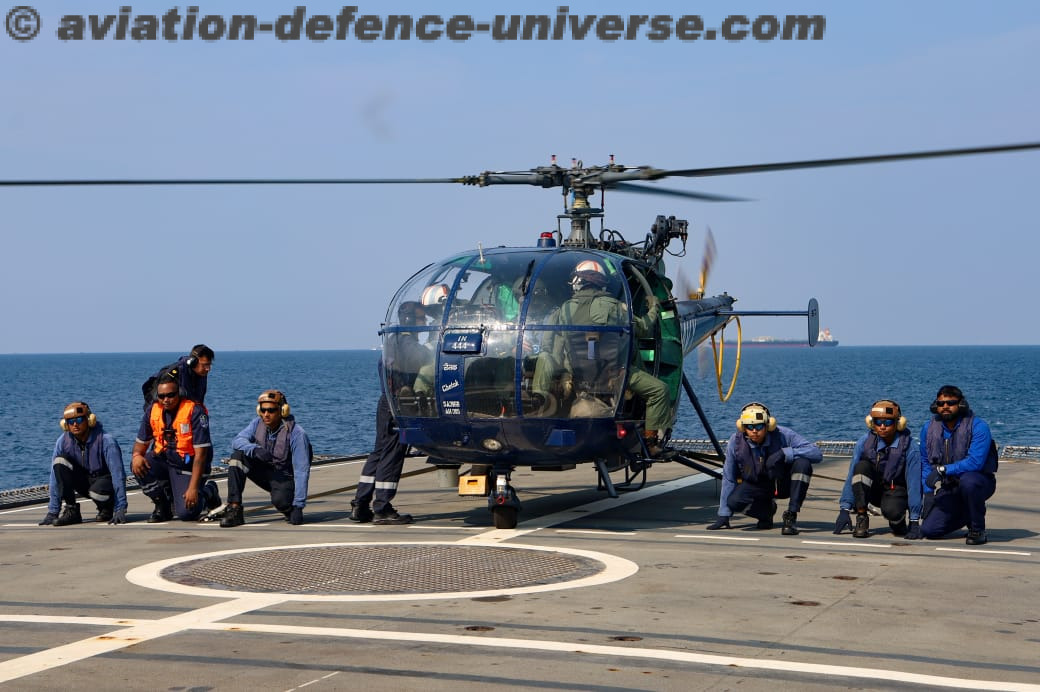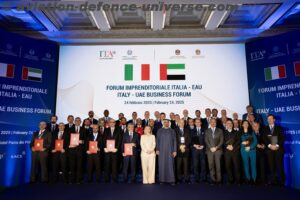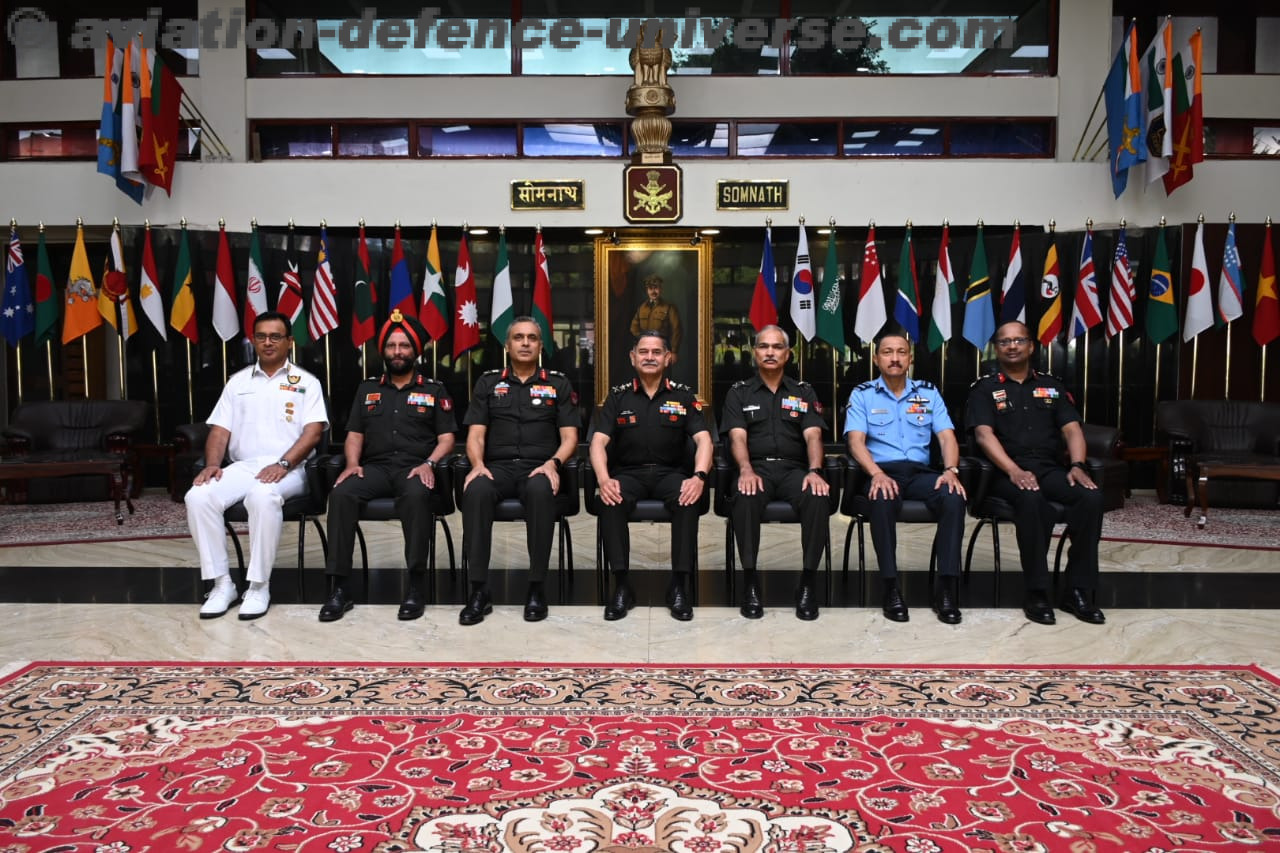- EDGE Group entity CONDOR Non-Lethal Technologies will provide its innovative and effective solutions to modernise Brazil’s prison security infrastructure
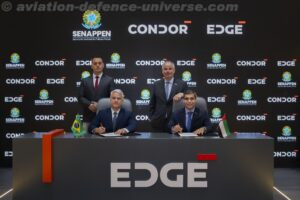 Abu Dhabi, UAE: 21 February 2025 – EDGE, one of the world’s leading advanced technology and defence groups, announced today that its entity CONDOR, a world leader in development of non-lethal technologies (NLT), has signed an initial multi-million Brazilian Reais 7 million contract as part of a larger project expected to invest R$45MM with the National Secretariat for Penal Policies (SENAPPEN), to provide its innovative and effective solutions to modernise the Brazil’s prison security infrastructure. The contract was signed at the International Defence Exhibition (IDEX) 2025, currently being held in Abu Dhabi.
Abu Dhabi, UAE: 21 February 2025 – EDGE, one of the world’s leading advanced technology and defence groups, announced today that its entity CONDOR, a world leader in development of non-lethal technologies (NLT), has signed an initial multi-million Brazilian Reais 7 million contract as part of a larger project expected to invest R$45MM with the National Secretariat for Penal Policies (SENAPPEN), to provide its innovative and effective solutions to modernise the Brazil’s prison security infrastructure. The contract was signed at the International Defence Exhibition (IDEX) 2025, currently being held in Abu Dhabi.
The initial contract between SENAPPEN and CONDOR will cover the acquisition of a first batch of advanced NLT solutions and training required for prison officers, part of a comprehensive programme for modernising prison security and for boosting the use of these technologies in other federal entities across Brazil.
Frederico Aguiar, CONDOR’s CEO, said: “CONDOR believes that the use of highly effective non-lethal technologies for the proportional application of force in prison security can bring significant advances to the adoption of best practices in public security in Brazil, in respect for Human Rights. In more practical terms, this type of contract will allow for important changes in the safe and gradual use of force across the Brazilian prison system, not only strengthening Brazil’s current prison security policies, but also consolidating the country’s pioneering role in modernising the use of non-lethal force in this critical area.”
The use of non-lethal technologies provides prison officers with effective tools for restoring order without resorting to potentially lethal means. These technologies bring concrete benefits such as a reduction of serious injuries during interventions; greater control of crisis situations within the prison system; and the physical protection of both agents and inmates.
Carlos Luís Pires, General Coordinator of Classification and Movement of Prisoners of the Directorate of the Federal Penitentiary System in Brazil, said: “Public security and prison management are fundamental pillars for the development of Brazil. With this project, we are taking a concrete step towards a safer, more modern prison system that is in line with the best global practices. The investment in less lethal technologies reflects a state policy committed to the future, based on the training of agents, the preservation of life and the operational efficiency of public security institutions.”







